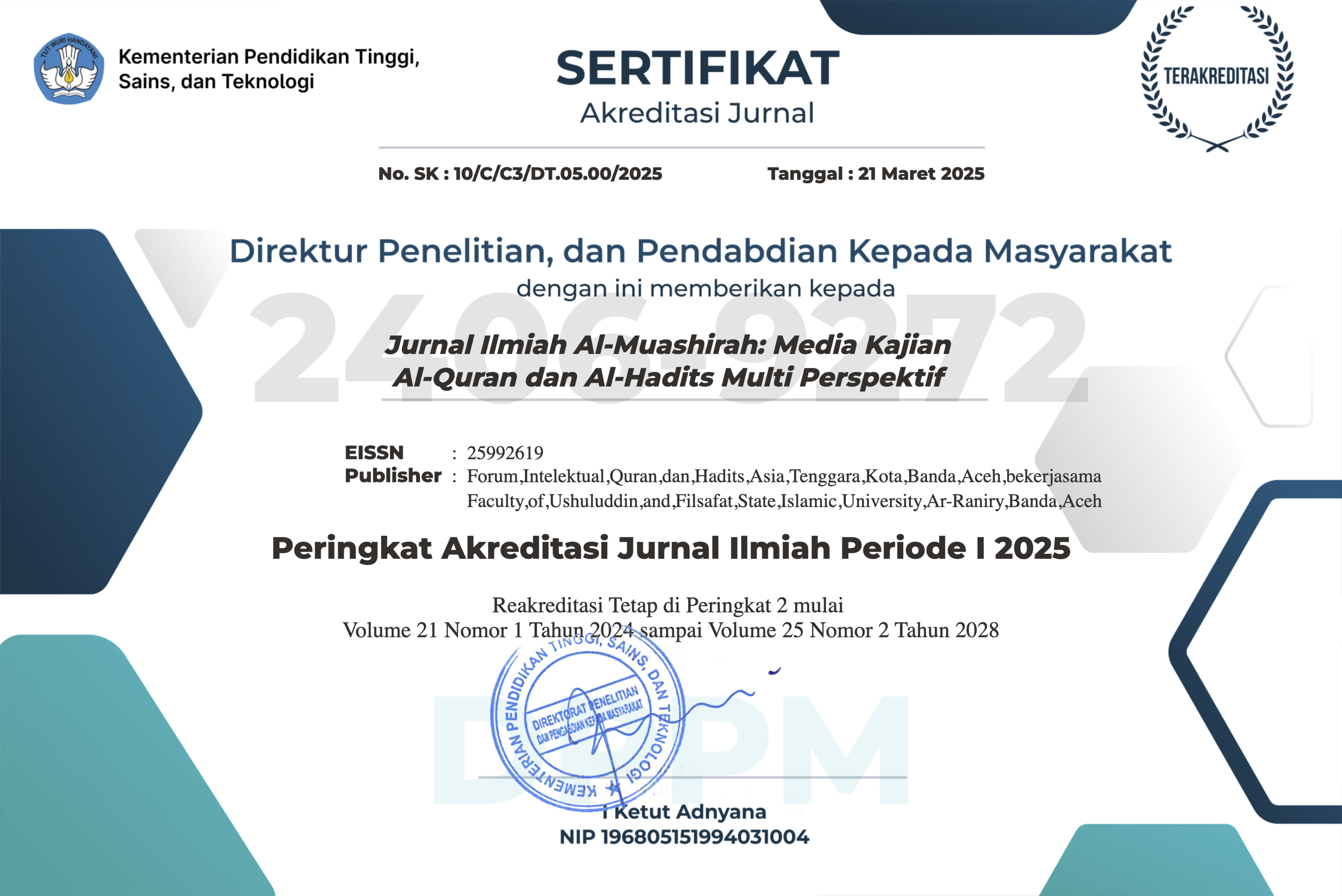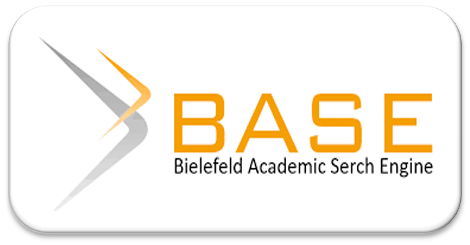Manifestation of Hadiths in Environmental Preservation
DOI:
https://doi.org/10.22373/jim.v20i2.19528Keywords:
Manifestation, Hadiths, Environmental, PreservationAbstract
Humans and the environment are inseparable partners. The environment is our home, where we live and interact with everything around us, both living and non-living. Allah SWT has created this environment to meet our needs, as we depend on it for our survival. This shows how crucial it is for us to treat our environment wisely, ensuring it can continue supporting us. However, not everyone treats the environment wisely. Sometimes people prioritize their own interests without considering the long-term health of nature. This can lead to resources running out or becoming damaged. This article explores how the teachings of Prophet Muhammad SAW guide us in preserving the environment, both through what he said and what he did. Prophet Muhammad SAW’s guidance encourages us to act responsibly when using the environment. These teachings also highlight that we are responsible for taking care of the environment, as Allah SWT has chosen us to look after it. Allah SWT knows that humans can be greedy and harm nature. So, Allah SWT has rewards and consequences based on how we treat the environment. When we follow Islamic teachings, we are rewarded, and when we disregard them, there are consequences. Following these teachings means thinking about the environment’s long-term well-being. It means taking positive care of nature so that all of Allah SWT’s creations—living things and the environment—can thrive. Ultimately, this approach benefits us, leading to a complete, beautiful, peaceful, healthy, and refreshing environmentDownloads
References
Abdillah, Mujiyono, Agama Ramah Lingkungan Perspektif Al-Quran (Jakarta: Paramadina, 2001)
Al-Asqalani, Ibnu Hajar, Fath Al-Bari Bisyarhi Shahih Al-Bukhari (Jakarta: Pustaka Imam Asy-Syafi, 2017)
Al-Bukhari, Abu ‘Abd Allah Muhammad bin Isma’il, Shahih Al-Bukhari (Riyadh: Maktabah Dar al-Salam, 1999)
Al-Bukhari, Abu Abdullah Muhammad bin Ismail, Ensiklopedia Hadits Shahih Bukhari (Jakarta: al-Mahira, 2012)
Al-Dimasqi, Al-Imam Yahya bin Syarah al-Nawawi, Syarah Al Nawawi (Beirut: Dar al- Kutub al-’Ilmiyyah, 1995)
Al-Naisaburi, Muslim bin al-Hajjaj al-Qusyairi, Ensiklopedia Hadits Shahih Muslim, 1st edn (Jakarta: al-Mahira, 2012)
An-Naisabury, Abi Husain Muslim bin Hajjaj bin Muslim al-Qusyairy, Shahih Muslim (Saudi: Maktabah Rushd, 2006)
As-Sijistani, Abu Daud Sulaiman bin al-Asy’ats al-Azdi, Ensiklopedia Hadits Sunan Abu Daud (Jakarta: al-Mahira, 2012)
Aziz, Erwati, Upaya Pelestarian Lingkungan Hidup Melalui Pendidikan Islam (Yogyakarta: Pustaka Pelajar, 2013)
Khikmawati, ‘Representasi Kerusakan Lingkungan Dalam Novel Partikel Karya Dee Lestari (Kajian Ekokritik)’ (Universitas Muhammadiyah Purwekerto)
Majah, Abu Abdullah Muhammad bin Yazid al-Qazwini Ibnu, Ensiklopedia Hadits Sunan Ibnu Majah (Jakarta: al-Mahira, 2012)
Majlis Ulama Indonesia, Departemen Kesehatan, Depertemen Agama dan Unisef Indonesia, Air, Kebersihan Dan KesehatanLingkungan Menurut Ajaran Islam (Jakarta: MUI, 1998)
Qardhawi, Yusuf, Sunnah, Ilmu Pengetahuan Dan Peradaban (Yogyakarta: Tiara Wacana Yogya, 2001)
Shihab, M. Quraish, Tafsir Al-Misbah: Pesan, Kesan Dan Keserasian Al-Qur’an (Jakarta: Lentera Hati, 2002)
Siahaan, N. H. T., Lingkungan Hidup Dan Ekologi Pembangunan (Jakarta: Erlangga, 2004)
Downloads
Published
Issue
Section
License
Authors who publish in Jurnal Ilmiah Al-Mu'ashirah agree to the following terms:
- Authors retain copyright and grant the journal right of first publication with the work simultaneously licensed under a Attribution-ShareAlike 4.0 International (CC BY-SA 4.0) License that allows others to share the work with an acknowledgment of the work's authorship and initial publication in this journal.
- Authors are able to enter into separate, additional contractual arrangements for the non-exclusive distribution of the journal's published version of the work (e.g., post it to an institutional repository or publish it in a book), with an acknowledgment of its initial publication in this journal.
- Authors are permitted and encouraged to post their work online (e.g., in institutional repositories or on their website) prior to and during the submission process, as it can lead to productive exchanges, as well as earlier and greater citation of published work (See The Effect of Open Access).













